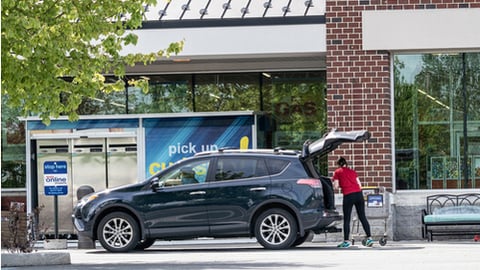Global Circumstances Still Impacting Shopper Behavior
The rise of the Omicron variant in late 2021 wasn’t the only part of COVID-19 to hang around longer. A new report from Acosta reveals the lingering impact of the pandemic on U.S. shoppers as they face uncertainty related to the stubborn virus and concurrent issues like supply chain bottlenecks and rising prices.
According to the latest findings from Acosta, nearly half (46%) of consumers surveyed in the first month 2022 said they were still “very concerned” about COVID-19 as Omicron-related illnesses surged at that time. On the flip side, only 24% reported that they were “not very concerned.” A strong majority of 75% said they continue to don masks while shopping, even when it's not required.
Other pressures are affecting consumers and the way they shop early into this new year. Nearly a third (33%) said they are in a worse place financially this year than they were before the pandemic. Sixty percent reported that they are impacted by product shortages, while 94% indicated that they are feeling the pinch of high prices for items like meat and dairy products.
In this climate, shoppers are keeping some of their pandemic-era shopping habits. According to Acosta’s report, 68% say they are shopping in the digital channel at least some of the time, compared to 40% of people who said they were buying groceries online around this time last year. Stocking up is still a thing, as 31% of respondents indicated that they keep their home pantries filled with certain items like canned goods and paper products.
"It is no surprise that shopping behaviors developed at the start of the pandemic are still in place today, especially since concerns surrounding COVID-19 remain high for many consumers," said Colin Stewart, EVP of business intelligence at Acosta. "Ongoing worries over safety and finances are compounded by product shortages and rising grocery prices resulting from supply chain challenges. While faced with the market's continued uncertainty, consumers are likely to stick with – and possibly increase – shopping habits picked up over the past two years."
While the pandemic has been extended in the first part of 2022, the recent drop in cases may spur some changes for February. Already, 57% of shoppers say they intended to dine out in a restaurant again soon, even as they are aware of higher menu prices.






